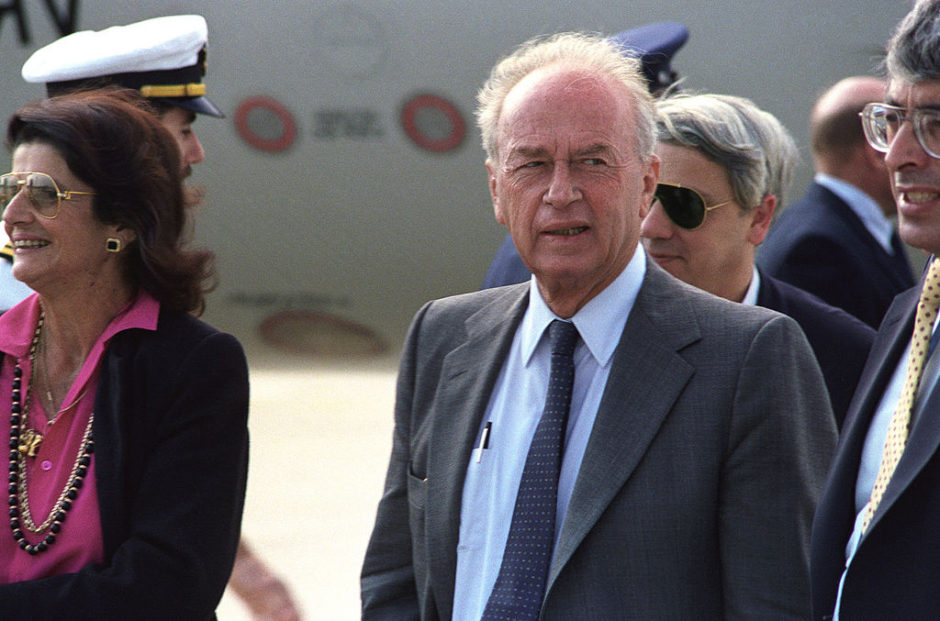In the summer 1992, a small group of Israelis and Palestinians met secretly in Oslo to discuss the prospects of peace. Their talks were sanctioned neither by the Israeli government nor by the Palestine Liberation Organization. These informal negotiations gave way to formal discussions that climaxed with the signing of the Declaration of Principles in August 1993. This breakthrough in Israel’s fractured relationship with the Palestinians was supposed to lead to peaceful relations between the antagonists, but it was not to be.
Mor Loushy’s and Daniel Sivan’s The Oslo Diaries — which will be screened at the Hot Docs film festival in Toronto on May 1 and May 2 and the Toronto Jewish Film Festival on May 6 — deftly explores the twists and turns of what would be an ill-fated diplomatic process. Their narrative is based on some of the participants’ diaries and also driven by newsreels and reenactments.
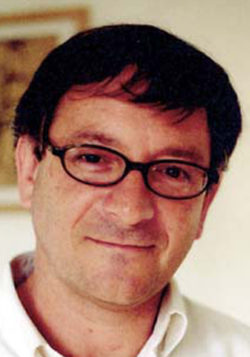
Two Israeli academics, Ron Pundak and Yair Hirschfeld, unofficially represented Israel in Oslo. Their Palestinian counterparts, Ahmed Qurei (Abu Ala), Maher al-Kurd and Hassan Asfour, were members of the PLO, Israel’s arch enemy.
Once the talks had achieved a measure of progress, Yossi Beilin, the Israeli deputy foreign minister, became involved. His boss, Shimon Peres, did not regard them seriously, but delegated the director general of the Foreign Ministry, Uri Savir, to take charge. By this point, Pundak and Hirschfeld were no longer involved.
As the negotiations continued, a wave of Palestinian terrorism erupted in Israel, forcing Israeli Prime Minister Yitzhak Rabin to impose a closure on the West Bank. Rabin, a security hawk, opposed Palestinian statehood and recognition of the PLO.
At the 11th round of the Oslo talks, the Palestinian side presented a proposal calling for a full Israeli withdrawal from the West Bank and the Gaza Strip, which Israel had occupied during the 1967 Six Day War. Israel, refusing to delineate its borders, dismissed the plan.
Eventually, news of the talks was leaked to the Israeli press. “We couldn’t keep up this charade for much longer,” says Beilin, referring to their secrecy.
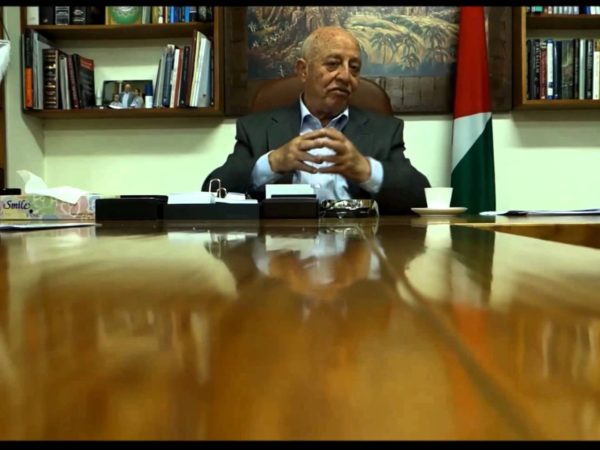
The negotiators finally reached an agreement embodied in the Declaration of Principles, which, among other things, envisaged a peace treaty in five years. After Israel and the PLO recognized each other, a formal ceremony enshrining their historic achievement took place on September 13, 1993 on the grounds of the White House in Washington, D.C.
According to Peres, Rabin intended to boycott the ceremony. “He didn’t want to shake Arafat’s hand,” he says in a reference to the chairman of the PLO, Yasser Arafat, a generally reviled figure in Israel. Coaxed into attending, Rabin rose to the occasion. “The time for peace has come,” he said.
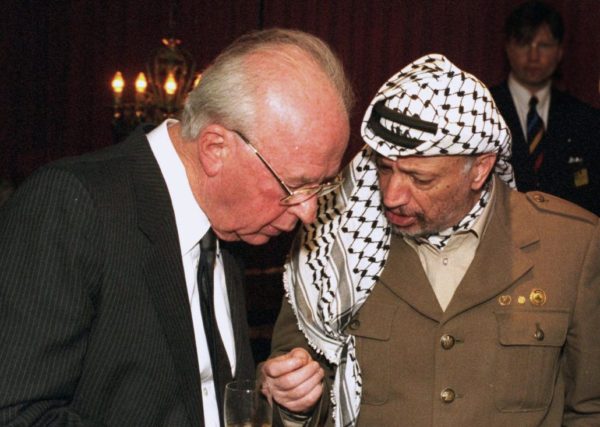
Hanan Ashrawi, a major figure in the PLO, was optimistic. “A Palestinian state is emerging,” she opined. Abu Ala shared Rabin’s sentiments, but feared that the peace process would grind to a halt in the absence of mutual trust.
Baruch Goldstein, a Jewish settler from the West Bank who staunchly opposed territorial compromise, administered the first death blow by killing 31 Palestinians in Hebron in February 1994. The Israeli government carried on with its policy of building settlements in the occupied territories.
Responding to Goldstein’s shooting rampage, Hamas launched a suicide bombing campaign that soured many Israelis on Oslo. The Palestinian leadership, in turn, was bitterly disappointed by Israel’s offer to pull out of only two percent of the West Bank. “The people’s hopes were dashed,” Ashrawi said.
Oslo suffered yet more grievous blows in 1995 as Hamas escalated its suicide attacks and as the Israeli opposition leader, Benjamin Netanyahu, denounced the Oslo formula of relinquishing land in exchange for peace. And in an ominous development, Israeli right-wingers began shouting “Death to Rabin” at their anti-Oslo rallies.
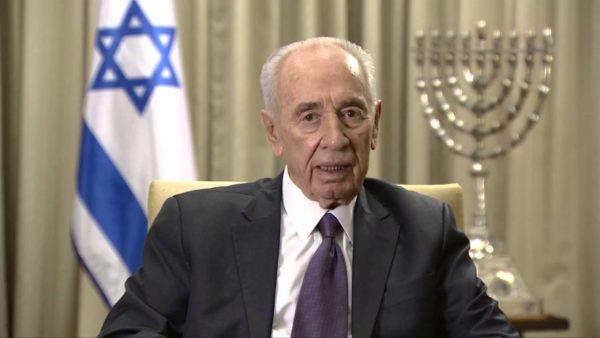
Even at this juncture, Abu Ala professed to be optimistic. But after Rabin was assassinated by Yigal Amir, a Jewish sympathizer of the settlement project, Arafat lost faith in the possibility of peace. Beilin urged Rabin’s successor, Peres, to push the process forward, but he hesitated, handing the momentum to Netanyahu. Beilin now regrets he did not pressure Peres to act more resolutely.
Netanyahu, having defeated Peres by a whisker in the 1996 general election, drastically slowed down the peace process and eviserated it. “I knew then that peace would not come in my lifetime,” said one of the Israeli negotiators, Joel Singer.
Alas, Singer’s prophecy has turned out to be depressingly true as Israel marks its 70th anniversary of statehood.
SCREENING TIMES At Hot Docs:
Tuesday May 1, 9:00 p.m., TIFF Bell Lightbox 1
Wednesday May 2, 12:30 p.m., Isabel Bader Theatre
